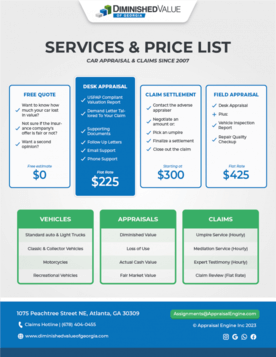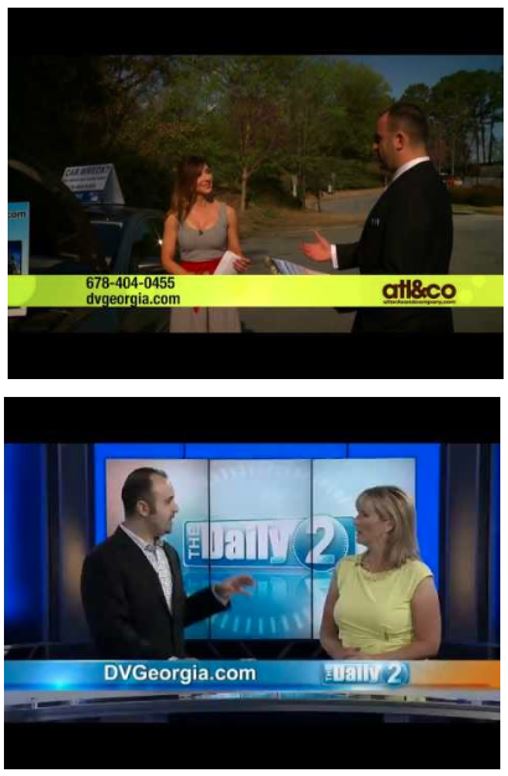GENERAL INSTRUCTIONS IF YOUR CASE GOES TO TRIAL IN A GEORGIA MAGISTRATE COURT.
The two main points to observe when involved in a civil suit are:
- Be prepared. Bring all your witnesses, documents, photographs, etc. to court with you.
- Be on time. If you are late, you may lose your case as you will not have an opportunity to present your side.
Tips & Helpful Info:
- If you will be late or cannot appear, contact the court well in advance during normal business hours so that the calendar can be properly marked and the case reset.
- Notify the Clerk of Court in writing of any address change, or daytime telephone number change. All court notices come by regular mail. If you fail to provide your new address, you may miss your trial & lose your case.
- Bring the following to court to prove or defend your case:
– Written contracts, leases, IOUs, notes, and all written documents applicable to the case.
– Letters and/or papers relating to the case.
– Bills or estimates, invoices. (The person(s) who prepared the bills or estimates should accompany you to court), this is normally called an expert witness.
– Canceled checks, stubs, receipts, photographs or emails
– Witnesses (Should accompany you. Notarized statements CANNOT be accepted as evidence at a trial.). Witnesses must firsthand knowledge of your case. They have not heard evidence from someone else (hearsay). Impartial witnesses who have no stake in the outcome of the case are generally more believable.
– All other evidence you consider relevant. Let the judge decide if something cannot be admitted as evidence. - If the case involves property damage (car, house, belongings or possessions etc) make sure you can describe the damage in detail and I have repair bills, written estimates of damage or repair, or other reliable evidence to help support my opinion of the value of the property before and/or after the damage. [NOTE: a case involving damages must always be proved by LIVE TESTIMONY]. Bring/subpoena the person (expert) to court who prepared the estimates. the expert must be able to describe the condition of the property before the damage and can objectively determine what it was worth then. Experts can rely on data, guides or newspaper ads to help prove their opinion. They must describe with reasonable certainty the
cost of repairs. - If you’re the plaintiff, you need to make sure you sue the person who is liable for the damage. Just because a person is an officer/registered agent of a corporation or an insurance company that does not make that person/company liable. In the case or an auto accident, the DRIVER of the vehicle is the person whom you sue.
- If you’re defending a suit, make sure you file an answer within 30 days of being served. Possible defenses against a suit for damages are:
– Someone else is legally responsible for the damages, a third party or a corporation
– The plaintiff is suing for an amount exceeding the actual damages, remember, it is the plaintiff’s burden of proof to show the judge the amount he’s offering is fair. If the judge hears equally compelling evidence, a tie is usually in favor of the defendant.
– The Plaintiff owes you money and you have set forth the amount owed me in a counterclaim.
– You already paid the plaintiff
– You owe most or all of the money the Plaintiff claims but I need more time to pay it. You can set up a payment plan. Try to work this out with the plaintiff before court. Otherwise, you can tell the judge you need a payment plan at the court date.
Below are additional resources to help you with your case.






